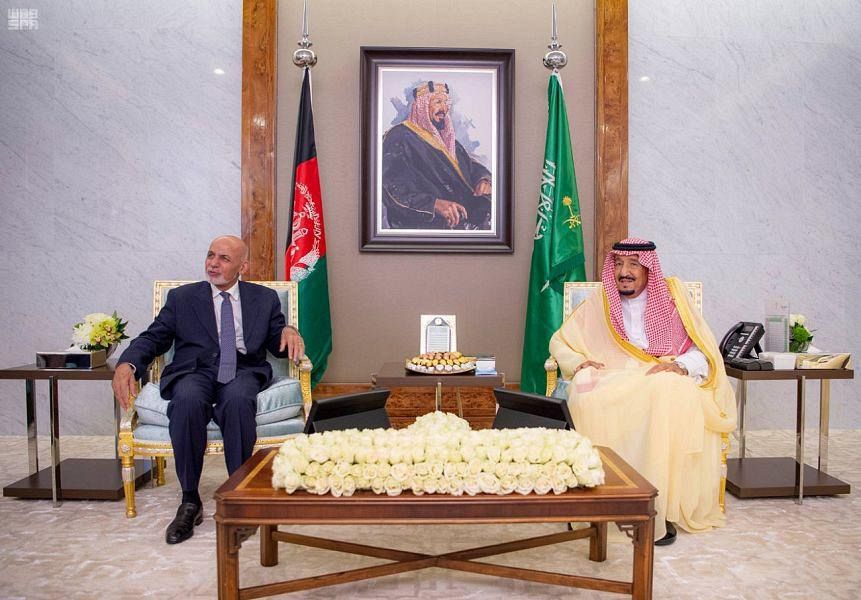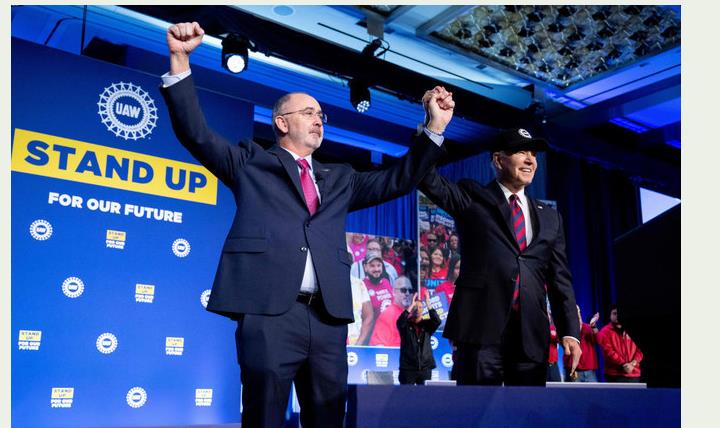
The failure of peace talks between the Taliban and US in Qatar has led to an escalation in violence at a time when a presidential election in Afghanistan is just around the corner.
In a surprise, though not entirely unexpected move, US President Donald Trump called off the negotiations with the Taliban on Sept. 7, after the two sides had claimed a deal had, in principle, been finalized.
Both the Taliban and the US have been using tough language to criticize each other since the cancelation of the talks. After the US began to use its enormous air power in Afghanistan to strike at Taliban positions, Trump boasted that they had never been hit harder. Taliban leaders, meanwhile, warned that the end of the talks would lead to more losses for the US and damage its credibility.
A resumption of the peace talks appears unlikely in the near future. If one is to believe Trump, the process is well and truly dead. The Taliban, meanwhile, declared it was ready for both peace and war, while pledging to continue its campaign until the expulsion of all foreign forces from Afghanistan.
However, neither side has categorically stated there will be no further peace talks, and Trump has made it clear he still wants to pull out, at the right time, the 14,000 American soldiers who remain in Afghanistan. As the withdrawal of foreign forces is the primary Taliban demand, Trump could still try to tempt the group by offering to withdraw US troops earlier in return for certain concessions, including agreement to a permanent cease-fire and a willingness to negotiate directly with the Afghan government.
It is likely that negotiations will resume at some point in the future — possibly in 2020 when Trump will be seeking re-election and can present the return of US troops from Afghanistan as part of a peace deal with the Taliban as one of his glowing achievements.
Rahimullah Yusufzai
The Taliban, meanwhile, has left open the possibility of resuming peace talks, even while pledging to fight until all US-led foreign forces leave the country. The group’s refusal to rule out a resumption of negotiations is in part due to the Taliban’s belief that it had managed to secure good terms in the abandoned deal, the details of which have not been officially revealed. The US, on the other hand, could not persuade the Taliban to agree to a permanent cease-fire or to hold direct talks with the Afghan government.
There could not have been a worse time for the peace talks to break down as Afghanistan’s fourth presidential election in the post-Taliban period is scheduled to be held on Sept. 28. A peace deal between the Taliban and US could have reduced the chances of violence in parts of the country where foreign forces are based — areas in which the group had reportedly committed to a cease-fire.
Though the Taliban refused to agree to a cease-fire with the Afghan government until progress was made in the proposed intra-Afghan dialogue, the beginning of this process might have placed the Taliban under pressure to halt the killing of civilians. Many Afghans have been questioning why the Taliban had agreed to talk to the Americans while refusing to negotiate with fellow Afghans.
If the presidential election produces a winner with a fresh mandate, and the outcome is not challenged in the way Abdullah Abdullah challenged Ashraf Ghani’s victory in the controversial 2014 polls, the newly elected president would be in a better position to negotiate with the Taliban.
Despite the group’s repeated refusal to talk to the Afghan government, dismissing it as a puppet regime of the US, the Taliban would come under pressure to accept the electorate’s verdict and negotiate with the elected president to decide Afghanistan’s future.
After 18 years of war, neither the US-led foreign and Afghan forces nor the Taliban are in a position to claim a decisive victory. The US, and in particular Trump, is showing signs of impatience, as the Afghan war has turned out to be costly and the longest in American history.
For the Taliban, the prospects of a continuing war cannot be a sound proposition. It is safe to assume that by agreeing to hold peace talks last year, the Taliban and the US concluded that a military solution to the conflict just is not possible. Both sides must also have understood the need for some give-and-take in the negotiations. There is no way to end the war except by talking to each other.
It is likely that negotiations will resume at some point in the future — possibly in 2020 when Trump will be seeking re-election and can present the return of US troops from Afghanistan as part of a peace deal with the Taliban as one of his glowing achievements.











